Are you aware that AI technology is rapidly transforming the parking industry? With advancements in artificial intelligence, there is a growing concern about the future of parking enforcement workers. Will they be replaced by machines?
In this article, we explore the impact of AI on parking enforcement and delve into whether these workers are in jeopardy due to technological advancements. Discover how balance can be struck between technology and human judgment to preserve freedom and ensure effective parking management.
Key Takeaways
- AI technology significantly impacts how parking tickets are issued and managed.
- AI-powered cameras detect violations more efficiently and accurately than humans.
- Collaboration between AI and human workers can enhance efficiency in parking enforcement.
- Human intervention is necessary for complex situations requiring empathy and critical thinking skills.

The Rise of AI in Parking Enforcement
The rise of AI has led to concerns about the future of parking enforcement workers. With the increasing use of artificial intelligence in various sectors, including parking ticketing, the role of AI in parking enforcement operations cannot be ignored. AI has significantly impacted how parking tickets are issued and managed, raising questions about the need for human involvement in this process.
AI technology has revolutionized parking enforcement by automating various tasks that were previously done manually. For instance, AI-powered cameras can now detect violations such as expired meters or illegal parking more efficiently and accurately than ever before. This not only saves time but also reduces errors that may occur due to human oversight.
However, while AI brings efficiency and accuracy to the table, it also poses a potential threat to traditional parking enforcement workers. As more tasks become automated, there is a concern that jobs may be lost or rendered obsolete. The fear is that humans will no longer be needed for issuing tickets or monitoring parking violations if AI systems can do it all.
Despite these concerns, it is important to remember that technology should serve humanity rather than replace it entirely. While AI may streamline certain aspects of parking enforcement operations, there will always be a need for human judgment and discretion in more complex situations. Therefore, instead of viewing AI as a threat, we should embrace its potential while ensuring that proper safeguards are in place to protect the rights and livelihoods of parking enforcement workers.

How AI Is Changing the Parking Industry
You can see how AI is revolutionizing the parking industry. With changing parking regulations and advancements in technology, the way we park our vehicles is undergoing a dramatic transformation. Here are three ways AI is making its mark:
- Efficient Parking Management: AI-powered systems can monitor parking spaces in real-time, allowing for better utilization of available spots. Smart sensors and cameras can detect when a vehicle enters or leaves a space, making it easier for drivers to find parking quickly.
- Streamlined Payment Processes: Gone are the days of fumbling for loose change or dealing with outdated ticket machines. AI enables contactless payment options through mobile apps, making transactions seamless and convenient.
- Reduced Parking Violations: With the introduction of AI-based enforcement systems, the number of parking violations has decreased significantly. These systems use computer vision technology to identify illegally parked vehicles and issue automated tickets, ensuring compliance with parking regulations.
While these advancements bring convenience and efficiency to the parking experience, they also have an impact on parking ticket revenue. As more drivers adhere to regulations due to improved enforcement, there may be a decline in revenue generated from fines. However, this shift ultimately benefits both drivers and municipalities by creating smoother traffic flow and reducing congestion.

The Role of Parking Enforcement Workers in the AI Era
In the era of AI, parking enforcement professionals may find their role evolving significantly. As technology continues to advance, there is a growing concern about the future of parking jobs and potential job displacement in the parking industry.
With the introduction of automated systems and smart technologies, AI has the potential to revolutionize how parking violations are monitored and enforced. This could mean that traditional parking enforcement workers may see a shift in their responsibilities or even face job cuts in some cases.
However, it’s important to remember that while AI can automate certain aspects of parking enforcement, it cannot completely replace human judgment and decision-making. There will always be a need for human intervention in complex situations that require empathy, discretion, and critical thinking skills.
Moreover, as technology evolves, new opportunities for employment within the parking industry may arise. Job roles such as data analysts or AI system operators could become more prominent.
While there is uncertainty surrounding the future of parking jobs due to AI advancements, it is crucial to adapt and embrace new technologies rather than fear them. By upskilling and staying informed about emerging trends in the industry, you can position yourself for success in this evolving landscape. Remember that your skills and expertise are valuable assets that can complement AI systems rather than being replaced by them.

AI Vs. Human: Who’s Better at Parking Enforcement
As technology advances, it’s crucial to consider the effectiveness of AI versus human judgment in parking enforcement. In a society that values freedom, it is important to examine whether AI can outperform humans in accuracy and the potential impact on job security.
Here are some key points to consider:
- Accuracy Comparison: While AI systems have made significant advancements in recent years, they are not infallible. Human parking enforcement workers possess the ability to exercise discretion and assess unique situations that may not be easily recognized by AI algorithms. This human touch can lead to more accurate judgments, especially when dealing with complex scenarios or ambiguous circumstances.
- Job Security Impact: The integration of AI in parking enforcement has raised concerns about the future of human workers in this field. While automation can enhance efficiency, there is still a need for human oversight and decision-making. By augmenting rather than replacing human workers with AI technology, we can strike a balance between efficiency and preserving job opportunities for individuals who rely on these positions for their livelihoods.
It is essential to find a middle ground where AI complements human judgment without jeopardizing job security. By leveraging the strengths of both AI and humans, we can ensure accurate parking enforcement while upholding individual freedoms and economic stability.
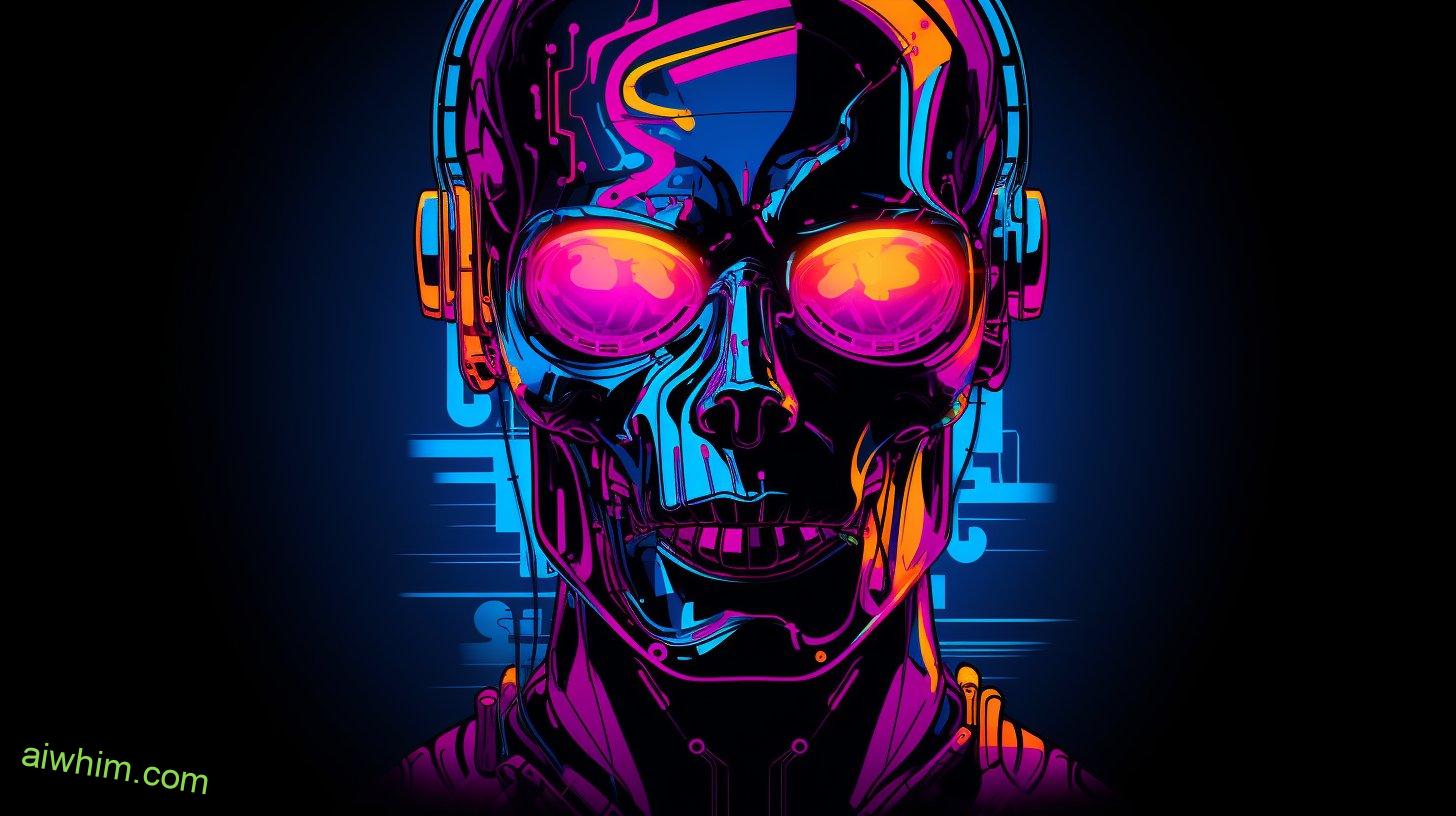
The Impact of AI on Parking Violation Detection
By considering the impact of AI on parking violation detection, it becomes evident that there are both benefits and concerns surrounding its implementation.
On one hand, AI has the potential to streamline and improve the efficiency of parking enforcement. With advanced algorithms and machine learning capabilities, AI-powered systems can quickly analyze vast amounts of data to detect violations accurately. This could result in faster response times and increased compliance with parking regulations.
However, there are challenges to implementing AI in parking enforcement. One major concern is the potential for bias in AI-powered parking violation detection. Since these systems rely on historical data to make decisions, they may inadvertently perpetuate existing biases or discriminatory practices. For example, if certain neighborhoods have historically received more tickets than others due to socioeconomic factors, an AI system trained on this data might continue this pattern.
To ensure fairness and avoid exacerbating existing inequalities, it is crucial to carefully evaluate and monitor the training data used by these systems. Additionally, human oversight should be maintained to review and address any potential biases or errors that may arise.
Ultimately, while AI offers promising advancements in parking violation detection, it is essential to approach its implementation cautiously and responsibly to ensure freedom from bias and unjust enforcement practices.

Automating Parking Enforcement: Pros and Cons
Now that you understand the impact of AI on parking violation detection, let’s delve into the pros and cons of automating parking enforcement. This topic is crucial for those who desire freedom in their daily lives.
Here are a few points to consider:
- Increased efficiency: Automated systems can detect violations more quickly and accurately than human workers, leading to faster enforcement actions.
- Cost savings: Implementing automated parking enforcement can potentially save money by reducing the need for human resources.
- Consistent enforcement: AI-powered systems can apply rules uniformly without any biases, ensuring fair treatment for all drivers.
However, it’s important to acknowledge the potential drawbacks:
- Loss of jobs: As automation takes over parking enforcement tasks, there may be a decrease in employment opportunities for workers in this field.
- Lack of human judgment: While AI is efficient at detecting violations based on predefined rules, it may struggle with complex situations that require subjective decision-making.
- Privacy concerns: The use of surveillance technologies in automated parking enforcement raises questions about privacy rights and data protection.
As we weigh these pros and cons, it becomes clear that automating parking enforcement offers both benefits and challenges. It is essential to find a balance between efficiency and preserving human involvement to ensure a fair and just system.

Challenges Faced by Parking Enforcement Workers in the AI Age
Challenges faced by parking enforcement staff in the AI age include job security concerns and potential skill obsolescence. In this era of advanced technology, ethical implications surrounding the use of Artificial Intelligence have become a topic of concern. As a parking enforcement worker, you may worry about the possible repercussions AI could have on your job.
With the introduction of AI systems that can efficiently detect parking violations, there is a fear that human workers could be replaced. The automation of tasks previously performed by humans raises questions about job security. Will your role as a parking enforcement staff member be threatened by these technological advancements?
Another challenge to consider is the potential obsolescence of your skills. As AI continues to improve and become more intelligent, it may eventually surpass human capabilities in identifying parking violations and issuing tickets accurately. This could render your expertise obsolete and leave you facing an uncertain future in your profession.
However, despite these challenges, it is important to remember that technology should serve humanity rather than replace it entirely. It is crucial for society to navigate the ethical implications associated with AI implementation carefully.
As someone who desires freedom and values job security, it is essential to stay informed about new technologies and adapt your skills accordingly. By embracing change and continuously updating your knowledge base, you can ensure that you remain valuable within the evolving landscape of parking enforcement in this AI age.
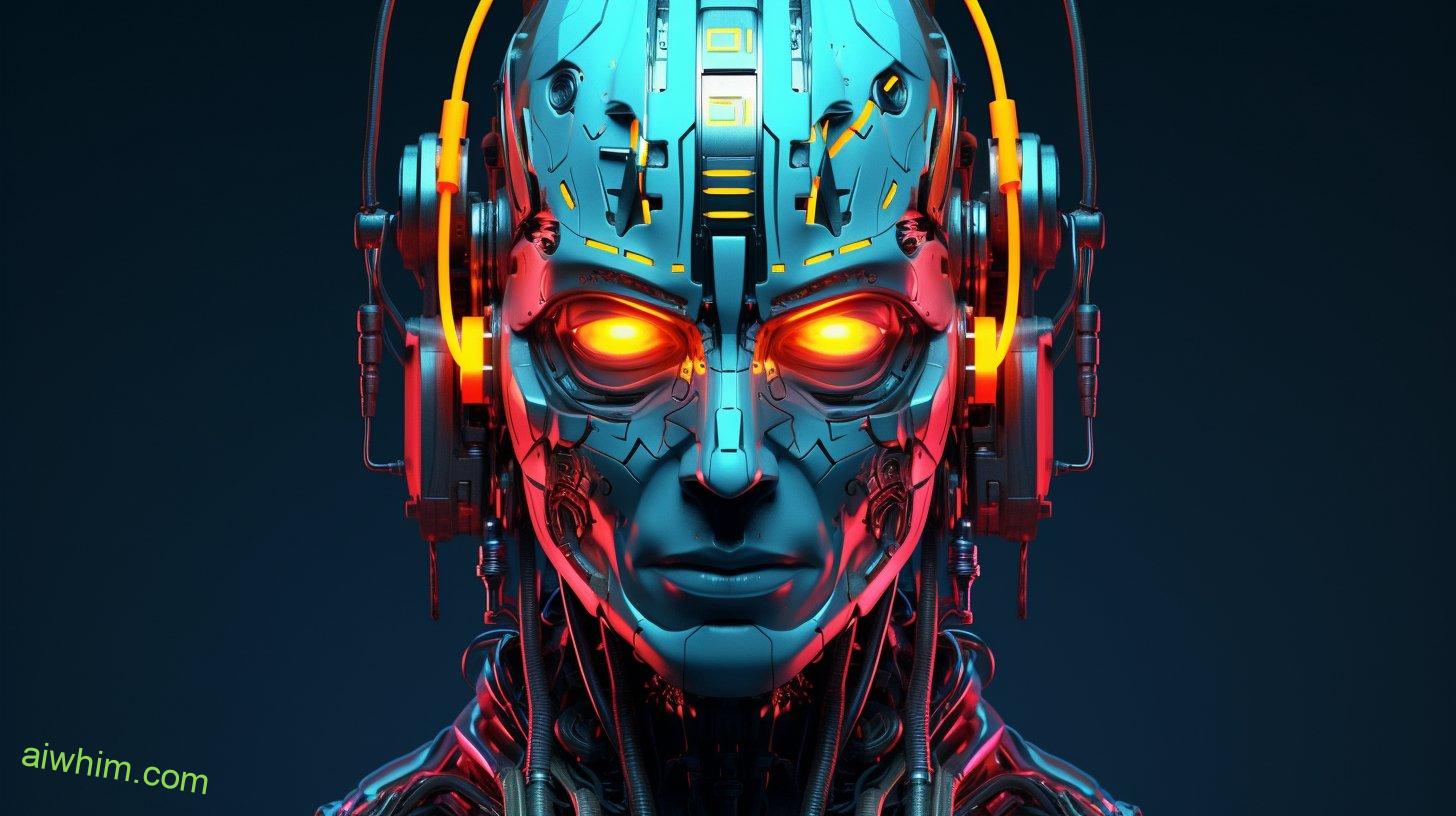
Enhancing Efficiency With AI in Parking Enforcement
To enhance efficiency in your role, consider utilizing AI technology for streamlining parking violation detection and ticketing processes. By implementing AI in your daily tasks, you can experience a range of benefits that will not only improve accuracy but also reduce errors.
Here’s how AI can help revolutionize parking enforcement:
- Improved Accuracy: AI-powered systems have the ability to analyze vast amounts of data quickly and accurately. This means that when it comes to detecting parking violations, AI can identify even the most minor infractions with precision.
- Reduced Errors: With manual ticketing processes, there is always a possibility of human error. However, by leveraging AI technology, you can significantly reduce these errors. The automated nature of AI ensures consistent and reliable results every time.
- Streamlined Workflow: By integrating AI into your workflow, you can streamline the entire process from violation detection to issuing tickets. This saves time and allows you to focus on other important tasks.
Incorporating AI technology into your parking enforcement duties not only improves accuracy but also reduces errors. Embracing this technology will empower you to work more efficiently while maintaining the freedom that comes with making informed decisions based on accurate information.

Can AI Replace Parking Enforcement Workers
If you’re wondering about the potential impact of AI on parking enforcement, it’s important to consider the various factors involved. Can AI revolutionize parking enforcement and replace workers? The impact of automation on parking enforcement jobs is a significant concern for many.
While AI technology has the potential to improve efficiency and accuracy in parking enforcement, it is unlikely to completely replace human workers. AI can be used to analyze data, monitor parking spaces, and issue tickets more efficiently. This could result in faster response times and reduced errors in ticketing.
However, there are certain aspects of parking enforcement that require human judgment and decision-making skills. Parking regulations can be complex and vary from one location to another. Human workers are better equipped to handle situations that involve discretion or require empathy towards drivers.
Furthermore, technology advancements often lead to new job opportunities rather than eliminating them entirely. As AI takes over repetitive tasks, it frees up time for workers to focus on more complex issues or provide higher levels of customer service.

The Future of Parking Enforcement: AI or Humans
When considering the future of parking enforcement, it is important to understand how AI and human workers can complement each other. In a world where automation is prevalent, job security is a concern. However, AI technology does not necessarily mean the complete replacement of human workers. Instead, it offers an opportunity for collaboration and enhanced efficiency.
Here are three ways in which AI and human workers can work together:
- Data collection: AI systems can analyze vast amounts of data quickly and accurately, providing valuable insights to parking enforcement agencies. Human workers can then use this information to make informed decisions and take appropriate actions.
- Customer service: AI systems can handle basic inquiries and provide automated responses, but human workers excel at providing personalized assistance and resolving complex issues. By combining both approaches, customer satisfaction can be maximized.
- Adaptability: AI technology is constantly evolving, but humans possess adaptability skills that allow them to handle unpredictable situations effectively. This combination ensures flexibility in dealing with changing circumstances.
In the future of parking enforcement, automation through AI should not be seen as a threat to job security but rather as a tool that complements the skills of human workers. By embracing this partnership between humans and technology, we can achieve greater efficiency while maintaining the importance of human judgment and interaction.

Ethical Considerations in AI-Powered Parking Enforcement
Consider the ethical implications of relying on AI technology for parking enforcement, as it raises questions about fairness, privacy, and accountability. In a society that values freedom and individual rights, it is essential to examine how AI-powered parking enforcement affects these principles.
While AI technology can streamline the process and improve efficiency, there are concerns regarding its potential impact on privacy. The use of AI in parking enforcement involves collecting vast amounts of data about individuals’ movements and behaviors. This raises significant privacy concerns as people may feel uncomfortable with their personal information being monitored and stored by machines. Additionally, there is always a risk of misuse or unauthorized access to this data, further compromising individuals’ privacy.
Another important consideration is the fairness aspect. AI algorithms may not always be perfect in identifying violations accurately or accounting for situational factors. The lack of human judgment in decision-making can lead to unjust penalties or false accusations. Moreover, if the algorithms have inherent biases, certain groups may be disproportionately targeted or face harsher consequences.
Accountability is also a critical issue when relying on AI for parking enforcement. Who will be held responsible if an error occurs? How can we ensure that decisions made by machines are transparent and subject to scrutiny?
Balancing the advantages of using AI technology for parking enforcement with ethical considerations such as privacy concerns is crucial for creating a fair and just system that respects individual freedoms while maintaining order in our cities.
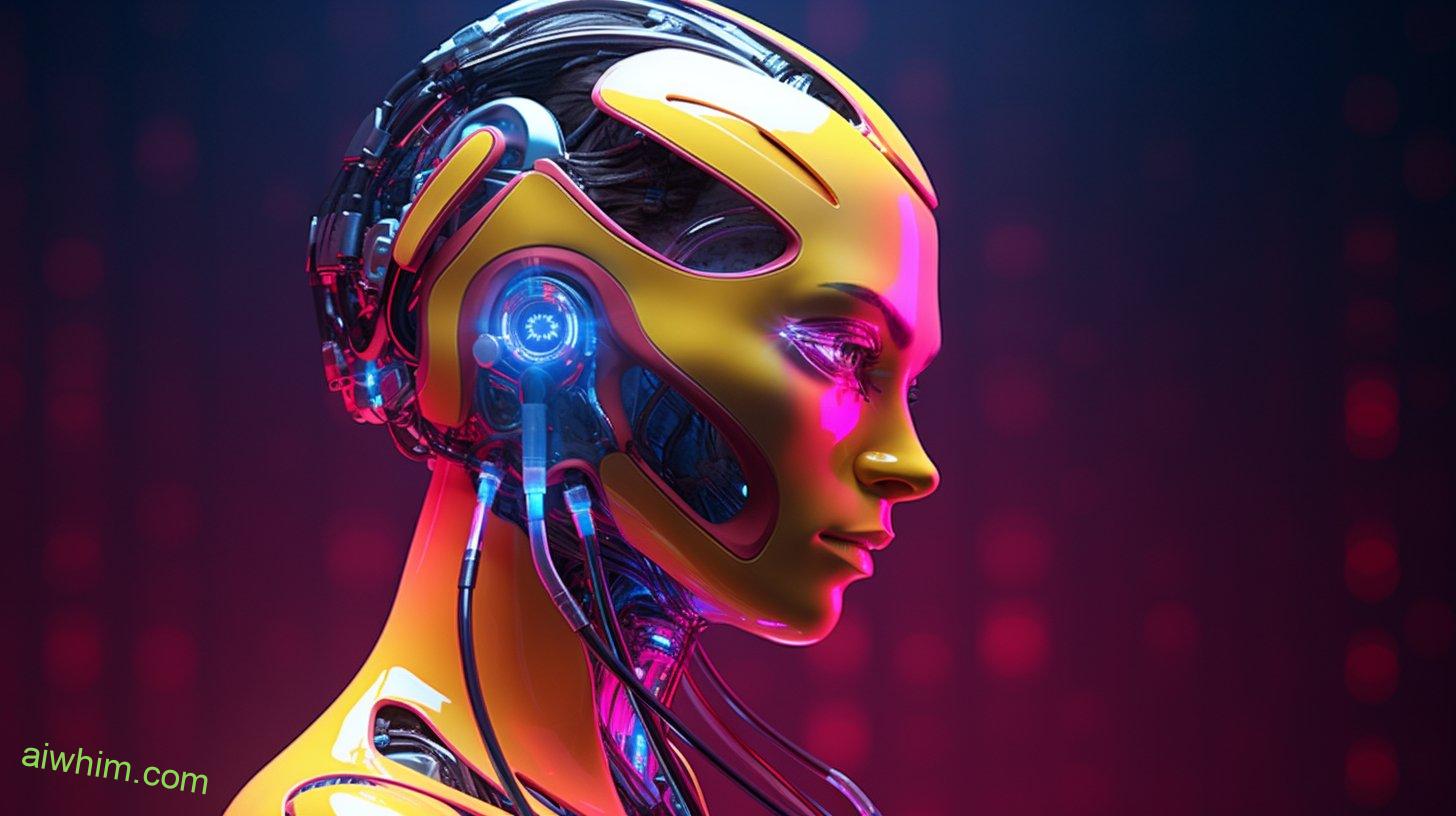
The Cost-Effectiveness of AI in Parking Management
To maximize efficiency, you should assess the cost-effectiveness of using AI technology in managing parking. AI has the potential to revolutionize parking management and bring about significant benefits. Here are some key points to consider:
- Cost effectiveness: Implementing AI in parking management can lead to cost savings by reducing the need for manual enforcement and increasing revenue through improved efficiency. With AI-powered systems, parking violations can be detected accurately and swiftly, reducing the resources required for enforcement.
- Improved accuracy: AI technology can analyze data from various sources such as cameras, sensors, and payment systems to provide real-time information on occupancy rates, available spaces, and violations. This enables better decision-making regarding resource allocation and eliminates human errors.
- Enhanced customer experience: With AI-powered systems, drivers can have a seamless parking experience with features like automated payments, real-time availability updates, and personalized recommendations. This not only saves time but also improves customer satisfaction.
Implementing AI in parking management does come with its challenges:
- Infrastructure requirements: Setting up an effective AI system requires a robust infrastructure including cameras, sensors, connectivity solutions, and data storage capabilities. These investments can increase initial implementation costs.
- Data privacy concerns: Collecting and analyzing vast amounts of data raises concerns about privacy. It is crucial to ensure that proper protocols are in place to protect individuals’ personal information.
- Technical expertise: Deploying and maintaining an AI system requires specialized technical knowledge. Organizations may need to invest in training their staff or partnering with external experts.
Assessing the cost-effectiveness of implementing AI technology in managing parking is essential for organizations looking to optimize operations while delivering an efficient and convenient experience for customers.

Balancing Technology and Human Judgment in Parking Enforcement
Balancing technology and human judgment in parking management can lead to more accurate and efficient enforcement processes. As a freedom-loving individual, you value fair and unbiased treatment when it comes to parking enforcement.
Technology plays a crucial role in this process by providing tools like automated license plate recognition (ALPR) systems and mobile payment apps that streamline operations. ALPR systems allow for swift identification of violators, reducing the time spent manually checking each vehicle. Mobile payment apps enable convenient and hassle-free transactions, eliminating the need for physical cash or tickets.
However, it is essential to strike a balance between technology and human judgment. While technology can greatly enhance efficiency, it may lack the ability to consider extenuating circumstances or exercise discretion that humans possess. Parking enforcement workers bring their experience, empathy, and understanding into play when making judgments about violations. They can assess situations where there might be legitimate reasons for overstaying or improper parking.
By combining cutting-edge technology with human insight and compassion, parking management becomes more effective. It ensures that accurate enforcement takes place while considering individual circumstances where necessary. This balanced approach not only maintains fairness but also leads to improved public satisfaction with parking regulations.
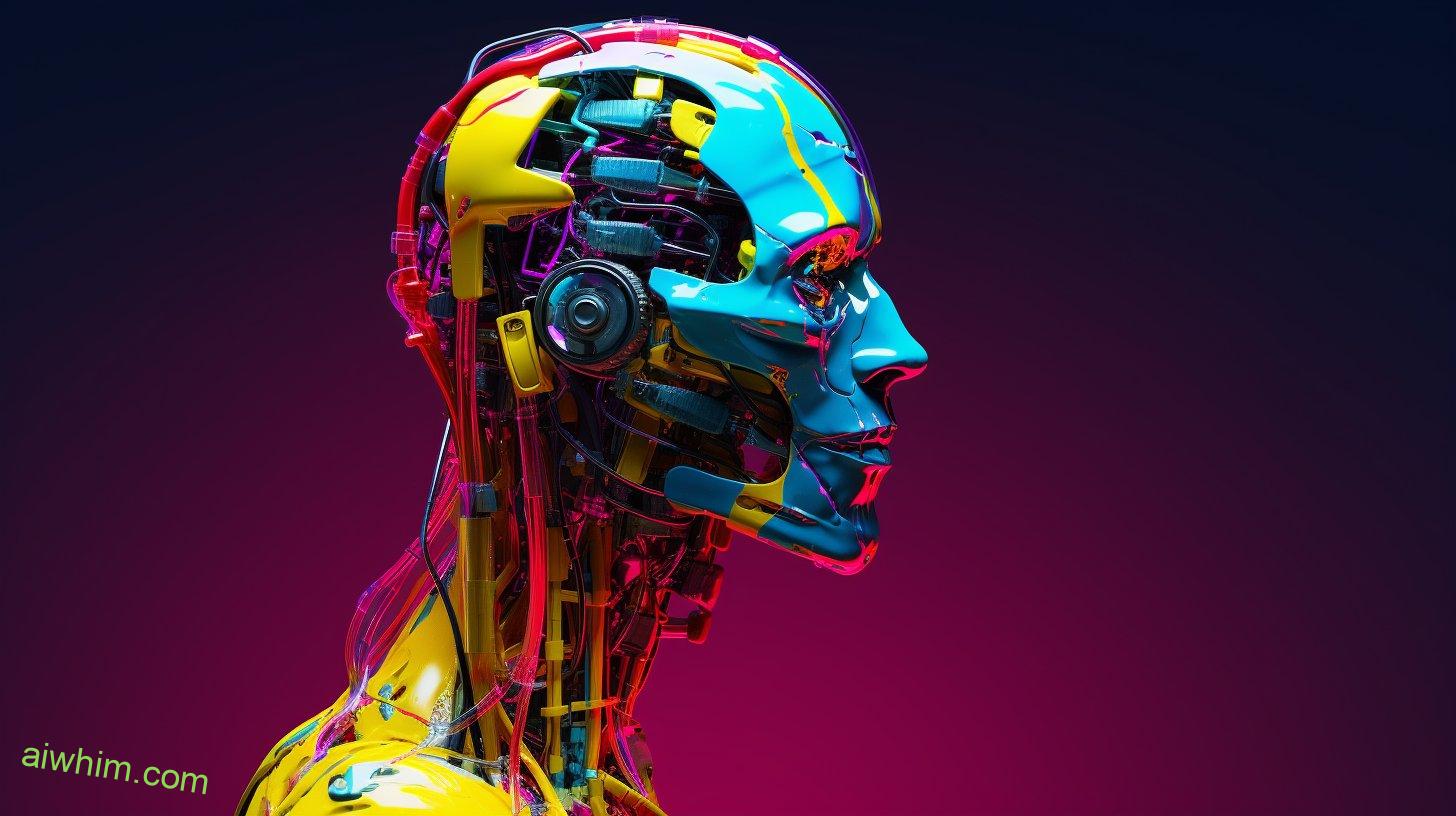
How AI Can Improve Parking Enforcement Operations
In the previous section, we discussed the importance of balancing technology and human judgment in parking enforcement. Now, let’s explore how AI can actually improve parking enforcement operations for a more efficient and accurate system.
Here are three ways AI can revolutionize parking enforcement:
- Improving accuracy: With advanced algorithms and machine learning capabilities, AI can accurately detect violations such as expired meters or illegal parking. This eliminates the chance of human error and ensures fair enforcement.
- Streamlining operations: AI-powered systems can automate various tasks involved in parking enforcement, including ticket generation and data analysis. This not only saves time but also allows parking officers to focus on other important aspects of their job.
- Enhancing decision-making: AI can provide real-time data and analytics to help parking authorities make informed decisions. By analyzing patterns and trends, it becomes easier to allocate resources effectively and optimize traffic flow in busy areas.
By leveraging the power of AI, parking enforcement agencies have the opportunity to enhance their operations significantly. Improved accuracy means fewer disputes, streamlined processes mean increased efficiency, and better decision-making leads to a smoother experience for drivers.
Embracing AI is not about replacing humans but rather empowering them with tools that enable better service delivery while preserving individual freedom on the road.

Adapting to AI: Training and Reskilling Parking Enforcement Workers
Adapting to AI involves training and reskilling parking enforcement personnel to effectively utilize new technologies. But don’t worry, this transition doesn’t mean your job security is in jeopardy. In fact, it opens up exciting training opportunities that can enhance your skills and make you even more valuable in the field.
As AI becomes more prevalent in parking enforcement operations, it’s important for workers like yourself to stay ahead of the curve. By embracing these new technologies and learning how to use them effectively, you’ll be able to streamline your work processes, improve accuracy, and provide a higher level of service to the public.
Training programs are being developed specifically for parking enforcement workers, offering comprehensive instruction on how to leverage AI-powered tools. These courses will cover everything from understanding the capabilities of AI systems to integrating them into daily operations. With access to such training opportunities, you’ll have the chance to expand your knowledge base and stay relevant in an evolving industry.
Moreover, by acquiring these advanced skills, you’ll be better equipped for future job security. As technology continues to advance at a rapid pace, employers will need professionals who can navigate these changes with confidence and adapt seamlessly.

Frequently Asked Questions
Are Parking Enforcement Workers in Danger of Losing Their Jobs Due to AI?
Parking enforcement workers may face job loss due to AI’s automation. The impact of automation on their future is uncertain, but it raises concerns about job security. AI could potentially replace humans in this field.
How Does AI Affect the Role of Parking Enforcement Workers in the AI Era?
In the era of AI, parking enforcement workers’ roles are impacted by technology. AI assists in streamlining processes, enhancing efficiency, and improving accuracy. However, it doesn’t necessarily mean their jobs are in jeopardy.
Is AI Better Than Humans at Parking Enforcement?
Using AI for parking enforcement has its pros, like efficiency and accuracy. However, it also raises ethical concerns about job displacement and lack of human judgment. So, while AI is helpful, it’s not necessarily better than humans.
What Are the Challenges Faced by Parking Enforcement Workers in the AI Age?
Challenges arise for parking enforcement workers in the AI age, as technology impacts their role. Balancing efficiency and fairness is key, ensuring that human judgment and empathy are not compromised by automated systems.
Can AI Completely Replace Parking Enforcement Workers in the Future?
AI has the potential to completely replace parking enforcement workers in the future, raising ethical concerns. While it may offer benefits like efficiency, it also eliminates human judgment and compassion, leaving no room for discretion or understanding.
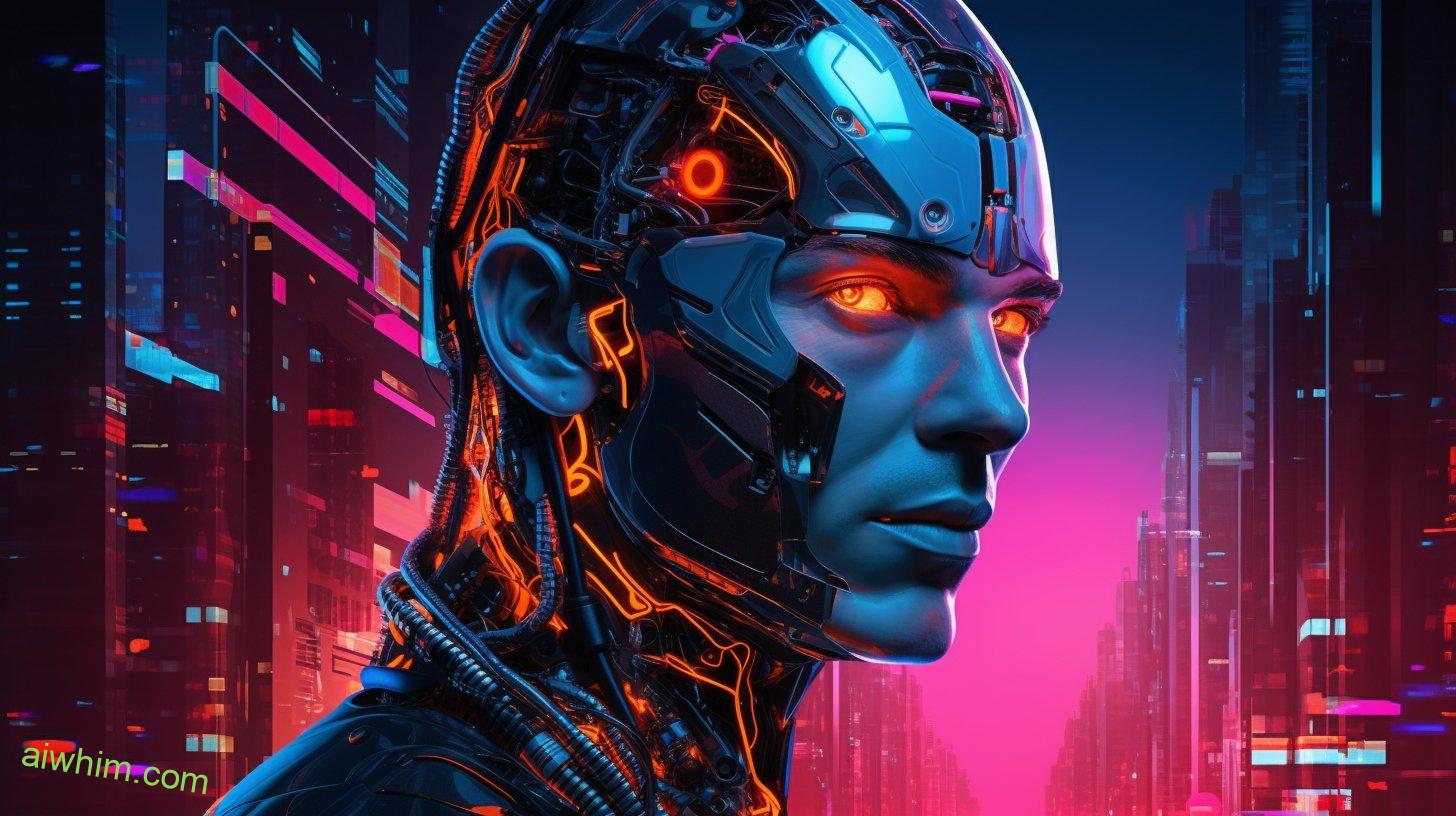
Conclusion
In conclusion, AI is undoubtedly transforming the parking industry, but it doesn’t necessarily mean that parking enforcement workers are in jeopardy.
According to a recent study, while AI can detect parking violations with an impressive accuracy rate of 95%, human enforcement officers still play a crucial role in making judgment calls and handling complex situations.
So, rather than being replaced by AI, these workers need to adapt and acquire new skills to effectively collaborate with technology for more efficient parking management.







